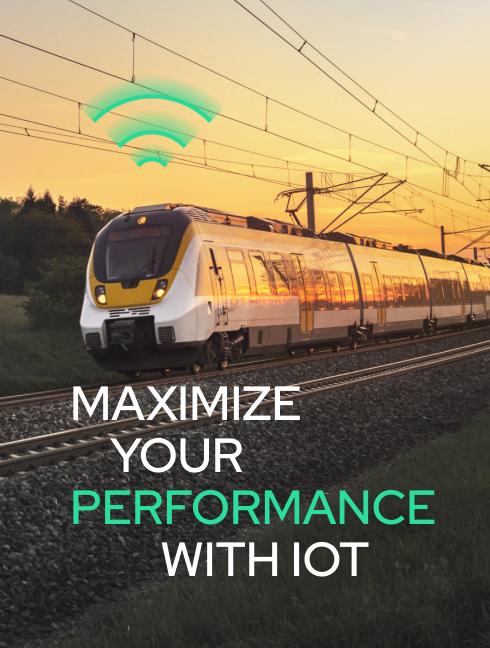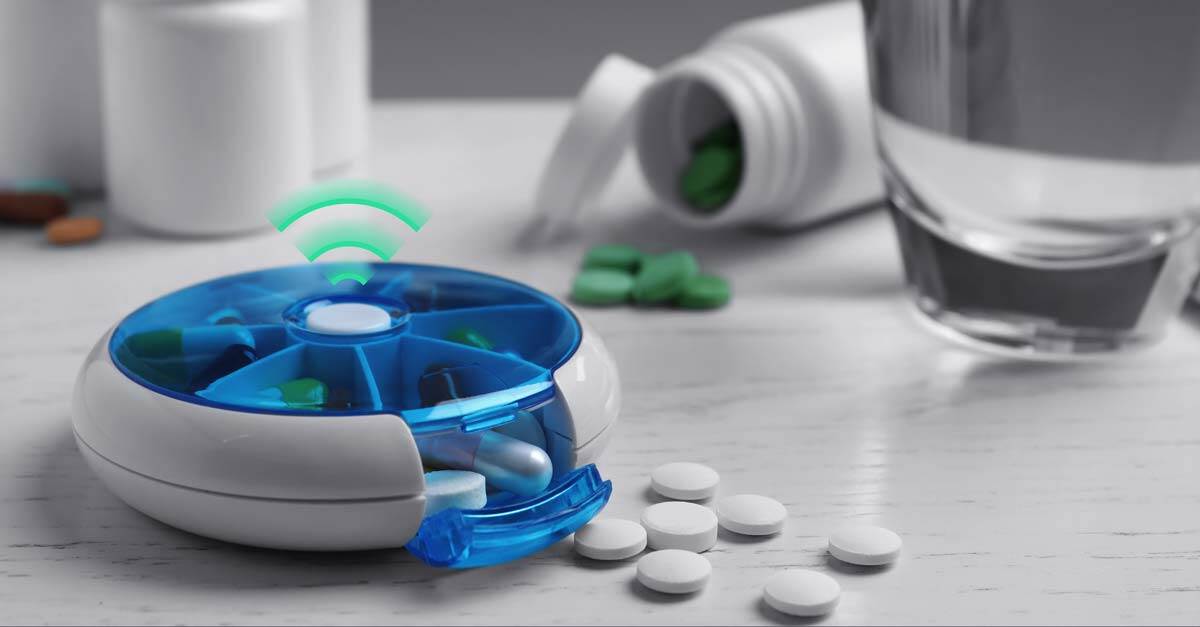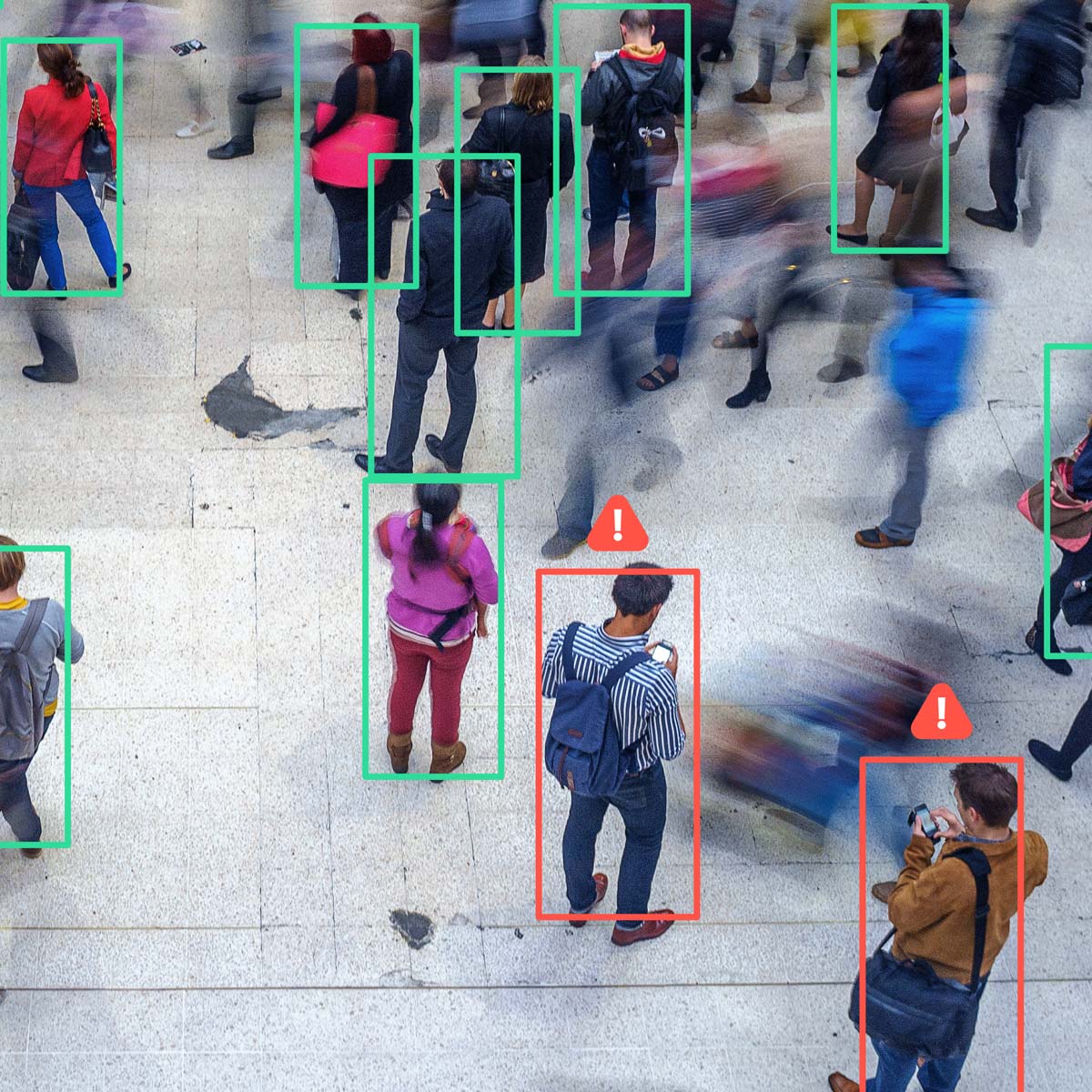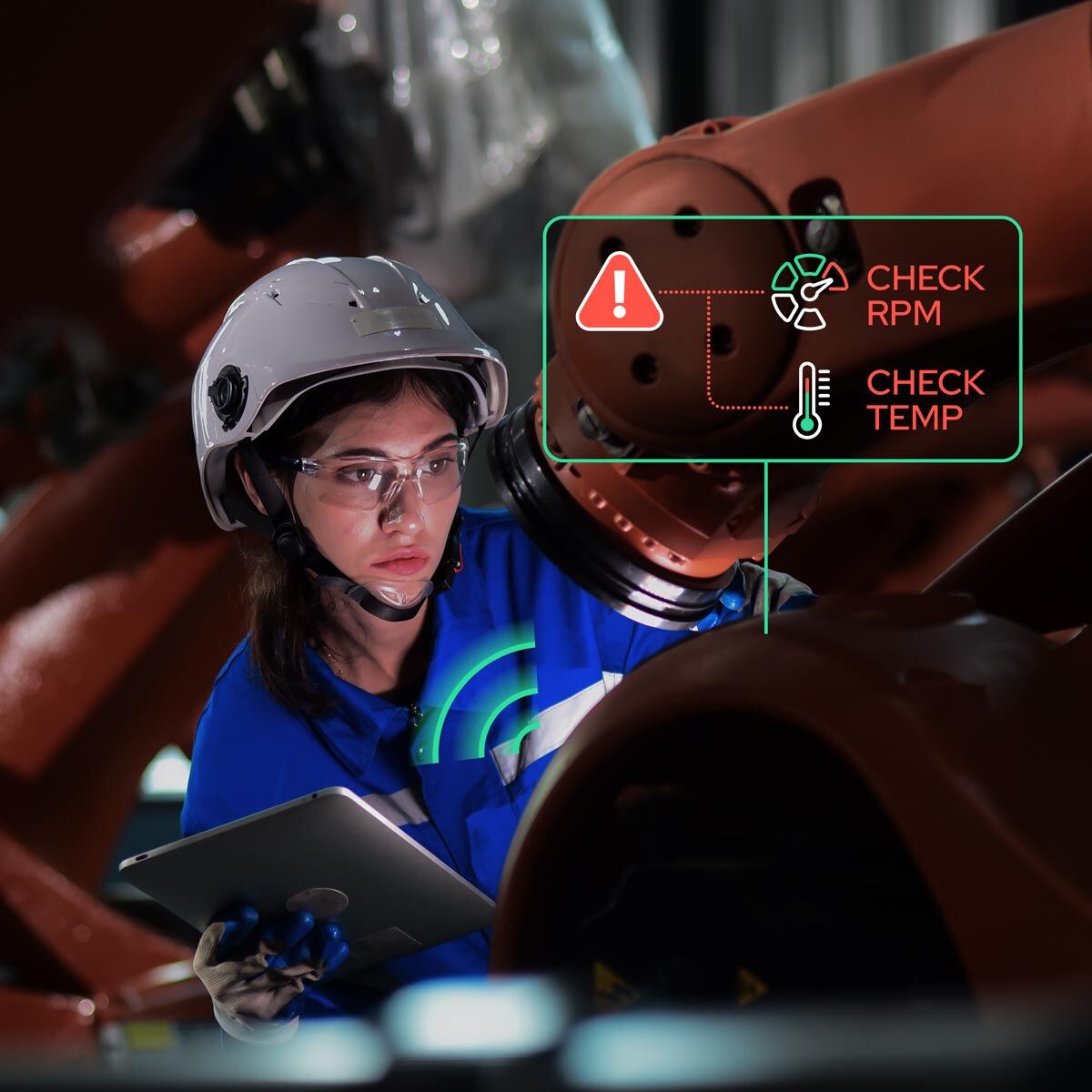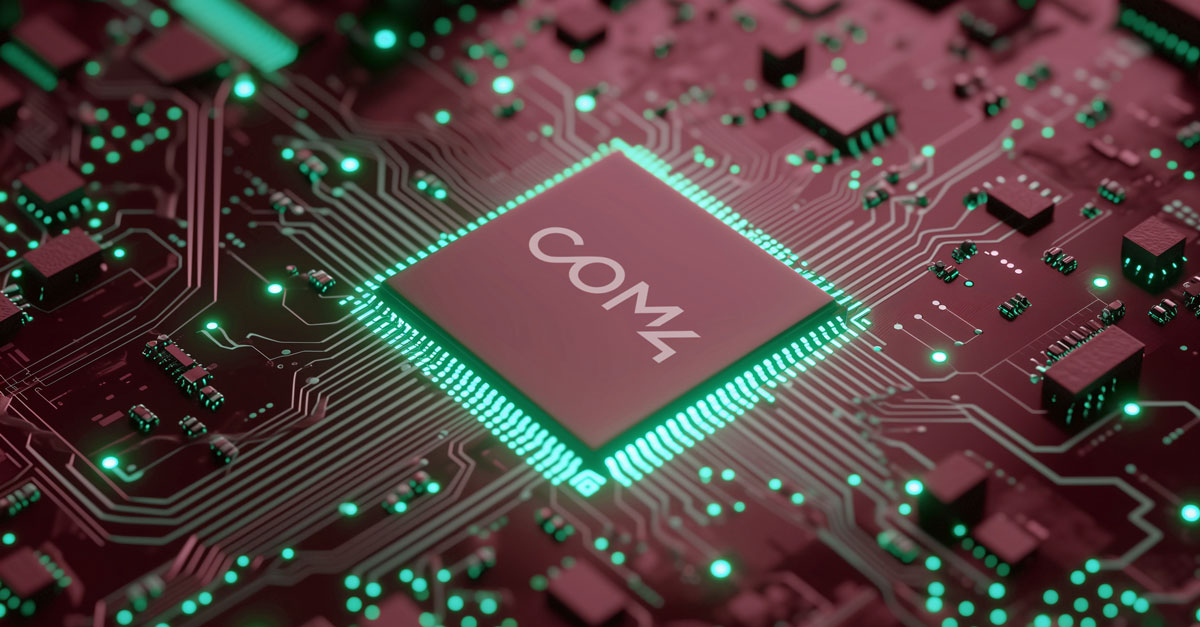“IoT technology can make a significant difference in this regard. Smart devices are becoming increasingly vital in patient care. They help save lives, enhance patient treatment, and improve the efficiency of healthcare services”, says Eivind Bøe, Global Sales IoT Manager at Com4.
Dignio has addressed this problem by introducing the innovative solution, Pilly. Pilly uses sound and light to remind patients to take their medications on time. With technology from Com4, Pilly ensures communication occurs over a secure mobile network, enhancing the safety and reliability of critical information transfer. If a dose is missed, Pilly automatically sends a text message to a pre-defined contact person.
“This is just one example of how IoT technology enhances patients; quality of life, offers greater peace of mind for relatives and provides more sustainable welfare technology for healthcare”, says
Bøe.
Real-time analytics for personalized care
Wearable sensors and implants, such as pacemakers or insulin pumps, have sensors that measure vital signs like heart rate, blood oxygen saturation, and blood sugar levels.
“For example, a pacemaker can continuously monitor heart activity and adjust electrical impulses to maintain a normal heart rhythm”, explains Bøe.
Data from these devices is continuously collected and wirelessly transmitted to a receiving device, such as a smart heart rate watch. This watch uses an optical heart rate sensor to measure blood flow through the skin and calculate the pulse.
“Real-time analysis of IoT data using artificial intelligence allows for immediate responses to collected data, which is crucial in many situations. In healthcare, real-time analysis of vital signs can alert medical personnel to acute conditions that require immediate attention”, says Bøe.

5G creates entirely new opportunities
Com4 provides cutting-edge 5G technology, offering significantly higher data transfer speeds, ultra-reliable low latency communication (URLLC), and massive IoT connectivity compared to previous network generations. This results in faster, more reliable, and broader coverage for medical devices.
“5G enables the creation of entirely new IoT applications, capable of executing complex machine-to-machine (M2M) communications and advanced robotics operations in real time”, explains Bøe.
In hospitals, smart beds and other medical devices can collect data on patient movement, heart rate, respiratory rate, and other vital signs. This information can be used to automatically adjust treatments, such as altering the bed position to enhance patient comfort or improve respiratory function.
“IoT technologies ensure that healthcare professionals have access to up-to-date and accurate data, which is critical for making informed decisions and delivering personalized care. We will witness remarkable innovations in healthcare technology in the future”, Bøe says.
Do you have a healthcare solution that needs data transmission? Contact us, and we'll assist you in designing the most intelligent solution.
